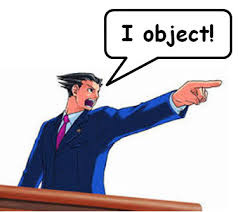“There is no philosophy without the art of ignoring objections,” writes the counter-Enlightenment thinker, Joseph de Maistre.
It’s a snide, opaque, and enticing statement. How do you interpret it? Why would philosophy require us to ignore objections, given that we normally think of philosophy as the art of raising objection?
On one read, he’s saying philo…
Keep reading with a 7-day free trial
Subscribe to What Is Called Thinking? to keep reading this post and get 7 days of free access to the full post archives.



